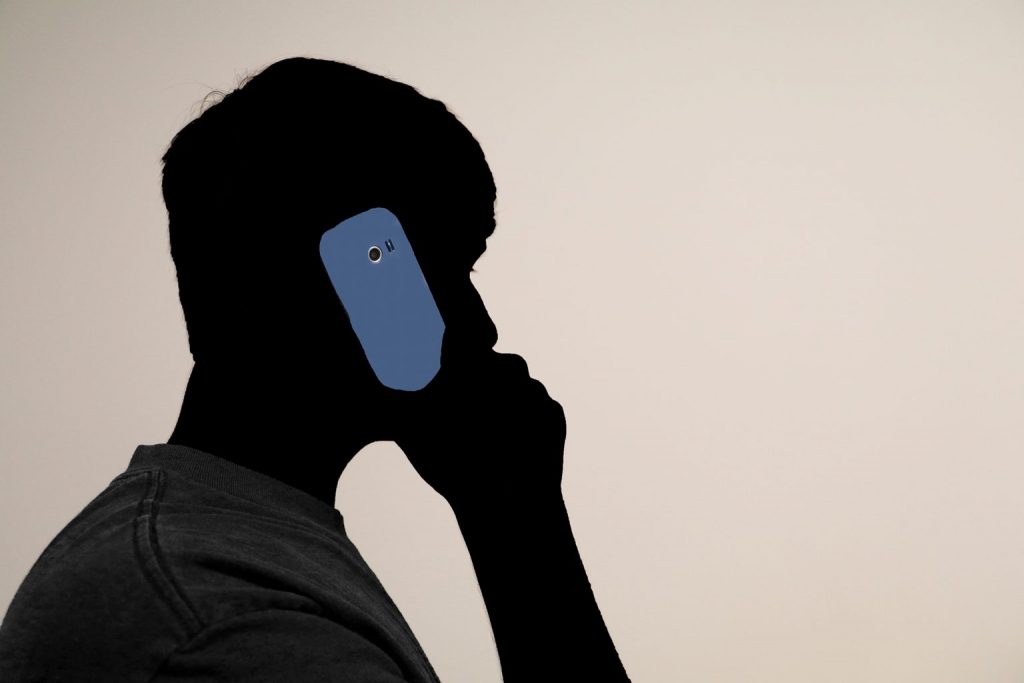Eagle stress line, led by student leaders, is open for students to call and text 24/7

This archived article was written by: Rachel Prows
A distressed student slams his head into his palm hoping if he hits his head hard enough he can get all of these thoughts out of his head. Perhaps if he shoves his math homework onto the floor with enough force, it won’t be due tomorrow. If he kicks the table enough times, he might make some friends. What will it take to find some happiness, a cut on his upper left arm? A bottle of pills? Maybe some rope.
Anxiety, stress, loneliness, depression, suicidal thoughts and many other struggles impact college students everyday. They can cause students to struggle in school, cut themselves off from others, become unhealthy, and even take their own life. In a situation where a college student is having difficulties, who do they call? Their mom who just “doesn’t understand?” Their friend from high school who they haven’t talked to in four months? The person they saw in the cafeteria that added them on Facebook?
A survey conducted by the Associated Press in 2008 of college students found that 80 percent say that they frequently experience daily stress. Thirty-four percent felt depressed at some point in the past three months and 9 percent have seriously considered suicide in the past year.
What is a student to do if a panic attack hits at 7 p.m.? Go to the closed counseling center? A student just had a fight with their boyfriend/girlfriend and they need to vent about it, but they have nobody to talk to. Somebody finds out they just failed a test they spent so much time studying for and they are wondering if it is even worth it. All of these students need somebody to talk to.
Snow College has a 24-hour-student-support line that can receive calls and texts. This inspired student leadership groups on this campus to implement a similar service ran by student leaders. A little blue phone that can receive calls and texts at any time and will be answered by an anonymous student leader. This student leader that has the phone at the time is on the other line to listen. They are not there to report the callers or tell them to do anything. They are just there to actively listen and help talk through problems.
The goal is to make sure that everyone on campus has somebody to talk to. Nobody should ever feel like they are alone or don’t have the resources they need to succeed and be happy. The EUSA and other leadership groups want people to feel good and safe on campus and implementing have high hopes to help achieve this goal.
Tears stream down the face of a distressed student, trying to forget all of the things that are distracting him from his essay due the next day at 9:30 a.m. At 2:13 a.m., a digital red numbers on the clock resting on his desk can be seen. Next to it is a flyer reading “Eagle Stress Line 435-650-0022 Call or Text all hours.” He looks at his phone a second time. Picking up his phone, he slowly dials the number taking a deep breath. After several rings a voice says “Eagle stress line…”




